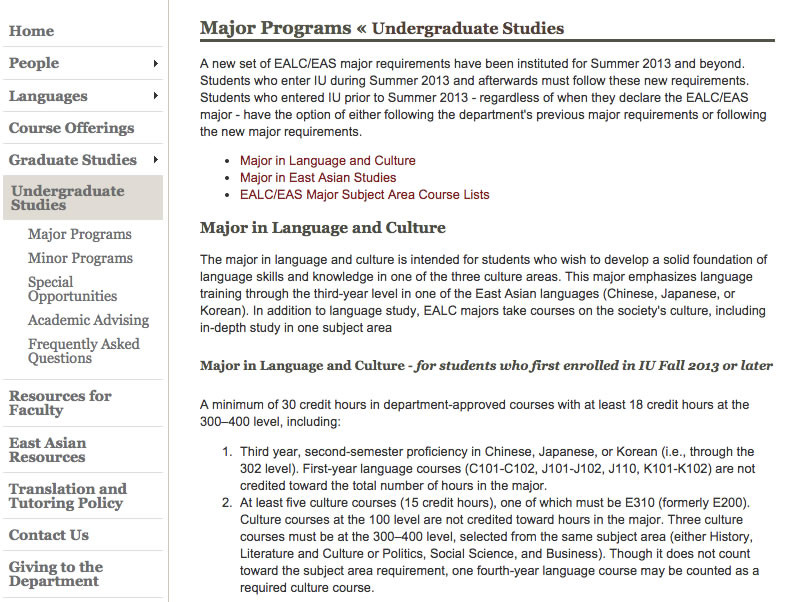
| G3.2 ~(으)면 되다: It will do it if . . ., All that is needed to do is . . .', '. . . have only to . . .' |
With the particle -만 (only), it puts emphasis on the fact that there's only one thing left to fulfill whatever is required for a task or situation, the following forms are used:
한국 갈 때 비자 필요해요? --아니요, 여권만 있으면 돼요.
TASK
What do you need to do in the following situation?
Ask what is needed to be done (뭐 . . .~어야 돼요?), and respond by giving a set of requirements (~으면 돼요).
[It will do if you . . .]
Dialogue 1
| 민지: | 유진 씨,
한국어 숙제 다 했어요?
|
| 유진: | 네, 쓰는 숙제는 다하고 listening (듣기)
comprehension만 하면
돼요. 민지 씨는 숙제 다 하려면 뭐 해야 돼요? |
| 민지: | 저도 듣기 #E (E번)만 하면
돼요. 그런데, 유진 씨, K201 홈 페이지 어떻게 들어가야 돼요? |
| 유진: | Web browser 열고 URL 창에 http://www.indiana.edu/~korean/K201.html을 쳐서 넣으면
돼요. CANVAS에 가서 Course Home button을 눌러도 돼요. |
Dialogue 2
| 스티브: | 영미 씨, 라면 끓일 줄 알아요? |
| 영미: | 라면이요? 라면 못 끓이는 사람이 어디 있어요? 물을 끓인 다음에 라면하고 스프를넣고 3분정도 끓이면 돼요. 다음에 저희 집에 오세요. 제가 하나 끓여 드릴게요. |
| 스티브: | 3분만 끓이면 돼요? |
| 영미: | 네, 더
오래 끓이면 [라면이 풀어져서] 맛이 없어요. [(국수가) 풀어지다 'to come loose'] |